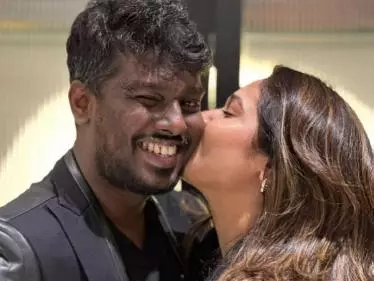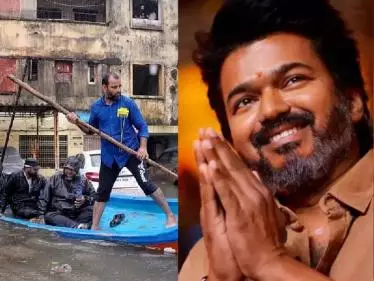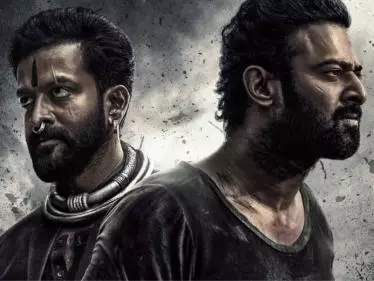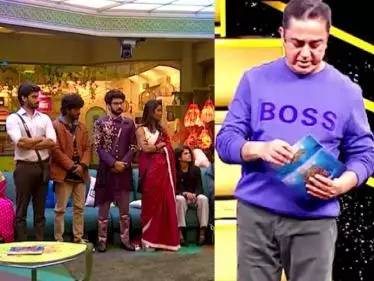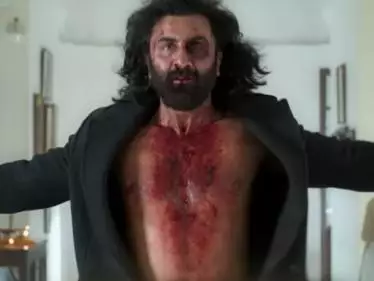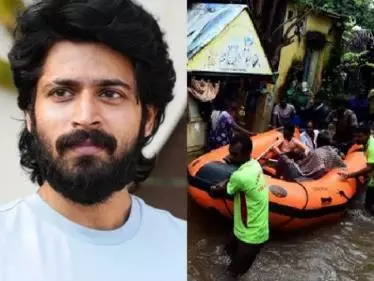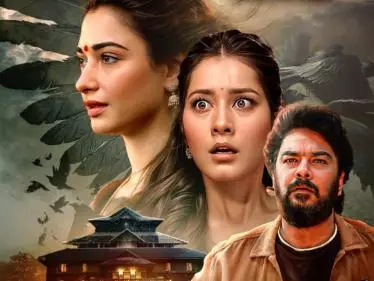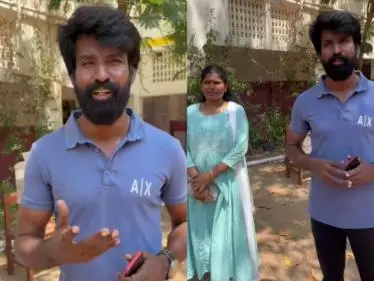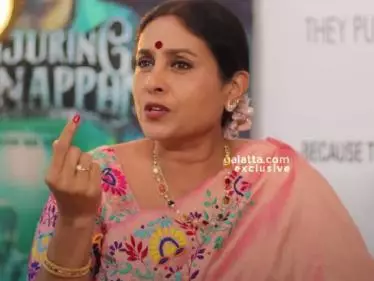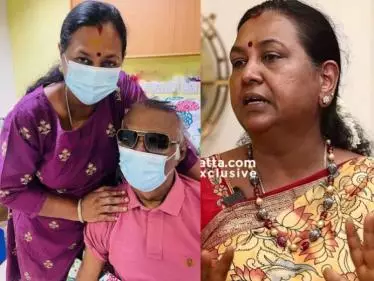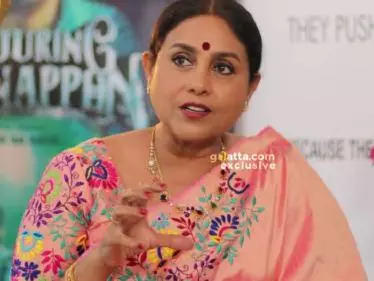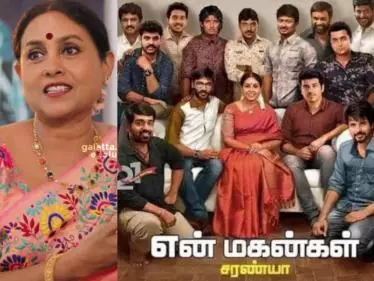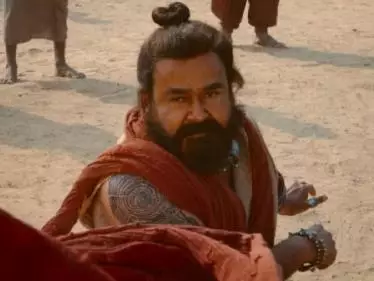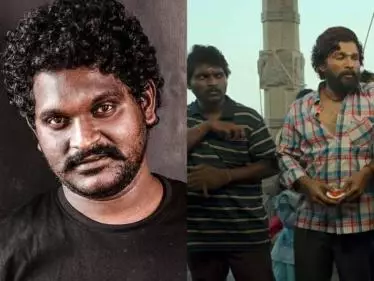Randor Guy's tribute to 'Remake Specialist' Balajee
By Padma Iyer | Galatta | May 07, 2009 00:00 AM IST

Randor Guy's tribute to 'Remake Specialist' Balajee
Krishnamachari Balajee (1934-2009) was a leading figure of Tamil cinema, a movie star and highly successful producer with a penchant for remaking Tamil films from Hindi. His contribution to the growth of Tamil cinema in the past few decades has been immense but not properly appreciated or rewarded. Making his debut in Gemini Studios' Avvaiyar (1953) as Lord Muruga when he was still in his teens, he had been active in Tamil theatre, having his own troupe at one time.
Not many are aware of his aristocratic Brahmin background. He hailed from the illustrious family of Dewan Bahadur T. Rangachariar, one of the legal giants of the Madras High Court described as the 'Lion of the Madras Bar', whose palatial residence 'Ritherdon House' on Ritherdon Road in Purasawalkam was a landmark building of the city in the decades gone by.
One of the lawyer's sons was Krishnamachari, whose wife was a Malayali lady, and Balajee was their son. For many reasons, the mother and her two children underwent hardships in their early years, but Balajee inherited his share of his father's property which included a fine bungalow, 'Canberra' on Pantheon Road where he lived till the end of his life.
Why 'Canberra'? Thereby hangs a tale. Rangachariar, one of the giant lawyers of his day, was pro-British while many other lawyers threw their lot with the Indian National Congress party. The British government sent him as a member of the Indian delegation to the Commonwealth Conference held at Canberra, the Australian capital. The lawyer named this bungalow in memory of his visit. Indeed, he owned quite a few bungalows on Pantheon road where his sons and their families lived.
After his education, Balajee worked for some time and joined Narasu Studios at Guindy founded by the coffee magnate turned film producer V. L. Narasu. His dignified bearing, handsome looks and capacity for hard work enabled him to make a mark as production manager. It also helped him to get closer to Hindi film world personalities like screenwriters, movie stars and others, for during that period, Narasu indulged in Hindi film production too.
One of the movies remade in Tamil was Premapaasam (1956) with Gemini Ganesh and Savithri, a remake of the mega box office bonanza of Hindi cinema Kismat, with evergreen star Ashok Kumar as the hero.
Besides working on the production, Balajee also played a role in Premapaasam, his first as a young man. He was then in his early 20s.
The intimacy with the leading members of the Hindi film world obviously planted the seeds which grew mightily later for him to plan his Tamil film productions by remaking Hindi movies.
Balajee had an interesting and unique manner of choosing the Hindi movies he wished to remake. Staying in Bombay for a short while, he would engage a taxi for the day, engaging the taxi driver in Hindi movie talk and getting his impressions about the films being screened. This interaction with the common man, he believed, was the best way of getting the lowdown on a movie and its remake prospects than talking to highbrow critics, interested producers and other businessmen of the movie world. This system indeed paid him rich dividends in his innings as producer.
As the late 1950s rolled over the horizon, he began to play lead roles in Tamil Cinema. During 1958-59 he acted in as many as 11 films. They included Paanai Pidithaval Bhagyasaali (produced by comedian T.S. Dorairaj, Savithri was his heroine), Manamulla Marudhaaram, Sahodari, Manaiviye Manidhanin Manickam. However, many of these films were not successful at the box office. In the 1960s, he fared better and Sridhar's Policekaran Magal (remake of a S.V. Sahasranamam stage creation) was a success. Another interesting film written and produ


